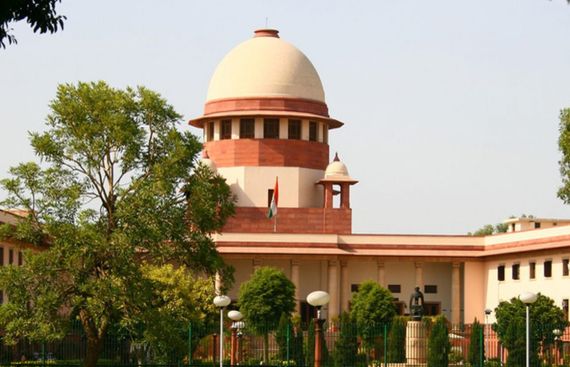SC questions government role in religious places

The Supreme Court on Monday sought to know why the government in a secular state should be involved in running and managing religious places, after noting that pilgrims going to Puri's Jagannath temple complained they were harassed.
"It is a matter of perspective. I don't know why government officials should run and manage religious places," asked Justice S.A. Bobde sitting with Justice S. Abdul Nazeer.
He noted that "most people who go there (Jagannath temple) come back harassed, mistreated and (they) have no voice".
As Justice Bobde flagged the issue, senior counsel Gopal Shankarnarayanan urged the court to address the question on "how far the government in a secular state can run and manage the temple. How, in a secular State, can the government can manage religious places".
The court said that the lawyers could touch this aspect in the next hearing on May 13.
Attorney General K.K. Venugopal told the court that the Sabarimala temple in Kerala was being run by the Devaswom Board and in Tamil Nadu, since 1930, the Madras Hindu religious Endowment Board was running and managing many temples.
In 1955, the Shri Jagannath Temple Act was enacted to run and manage the Lord Jagannath temple.
The court said this in the course of the hearing of a petition that has sought curbing of malpractices in the management of Jagannath temple.
Amicus curiae Ranjit Kumar told the court that he had already submitted his report.
The top court had earlier issued a slew of directions to address alleged exploitation of devotees at Jagannath temple and the management of its finances, including donations and offerings by pilgrims.
Read More News :
NIIT Tech to acquire WHISHWORKS in all-cash deal
UK may ban social media firms over toxic content

.jpg)
.jpg)
